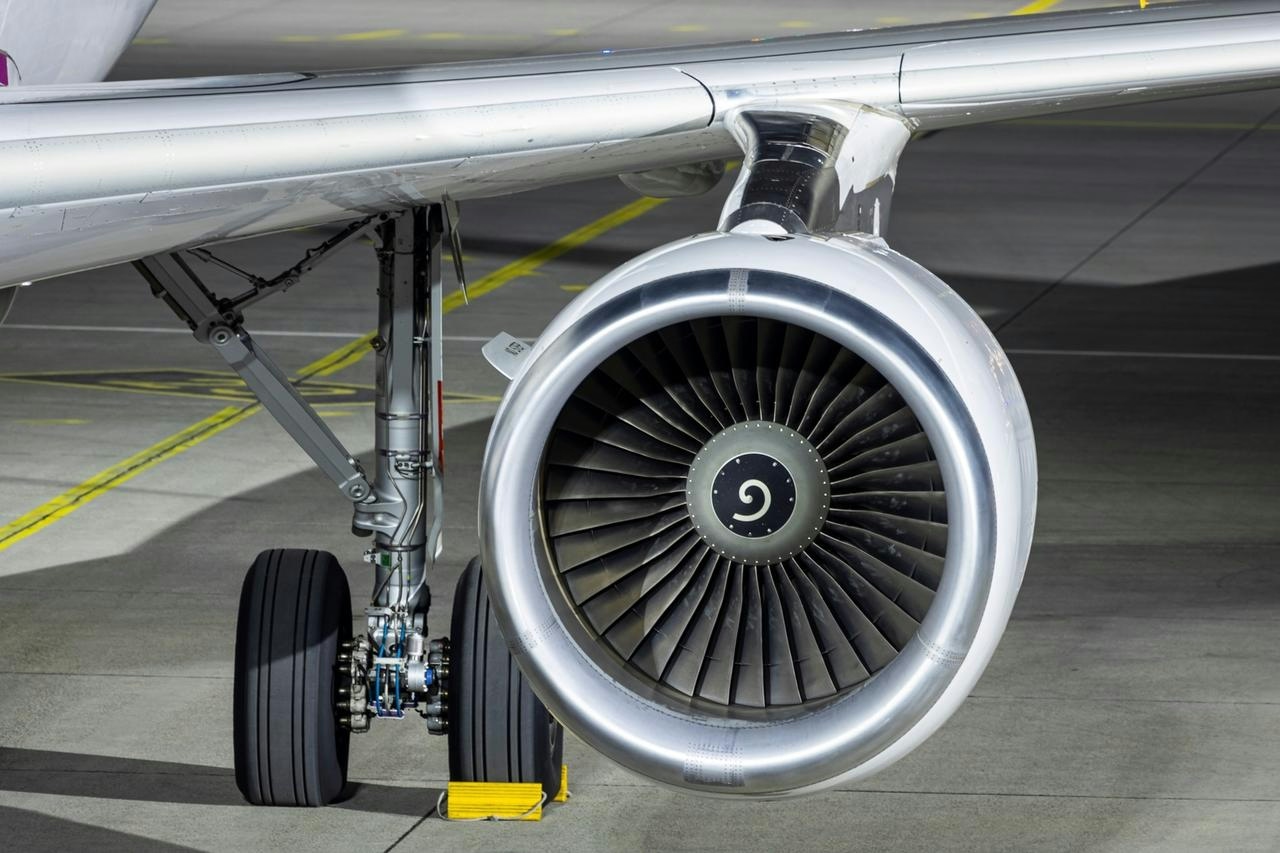
AeroGenie — 您的智能副驾驶。
热门趋势
Categories
Boeing’s July Aircraft Deliveries Fall 20% from June, Lagging Behind Airbus
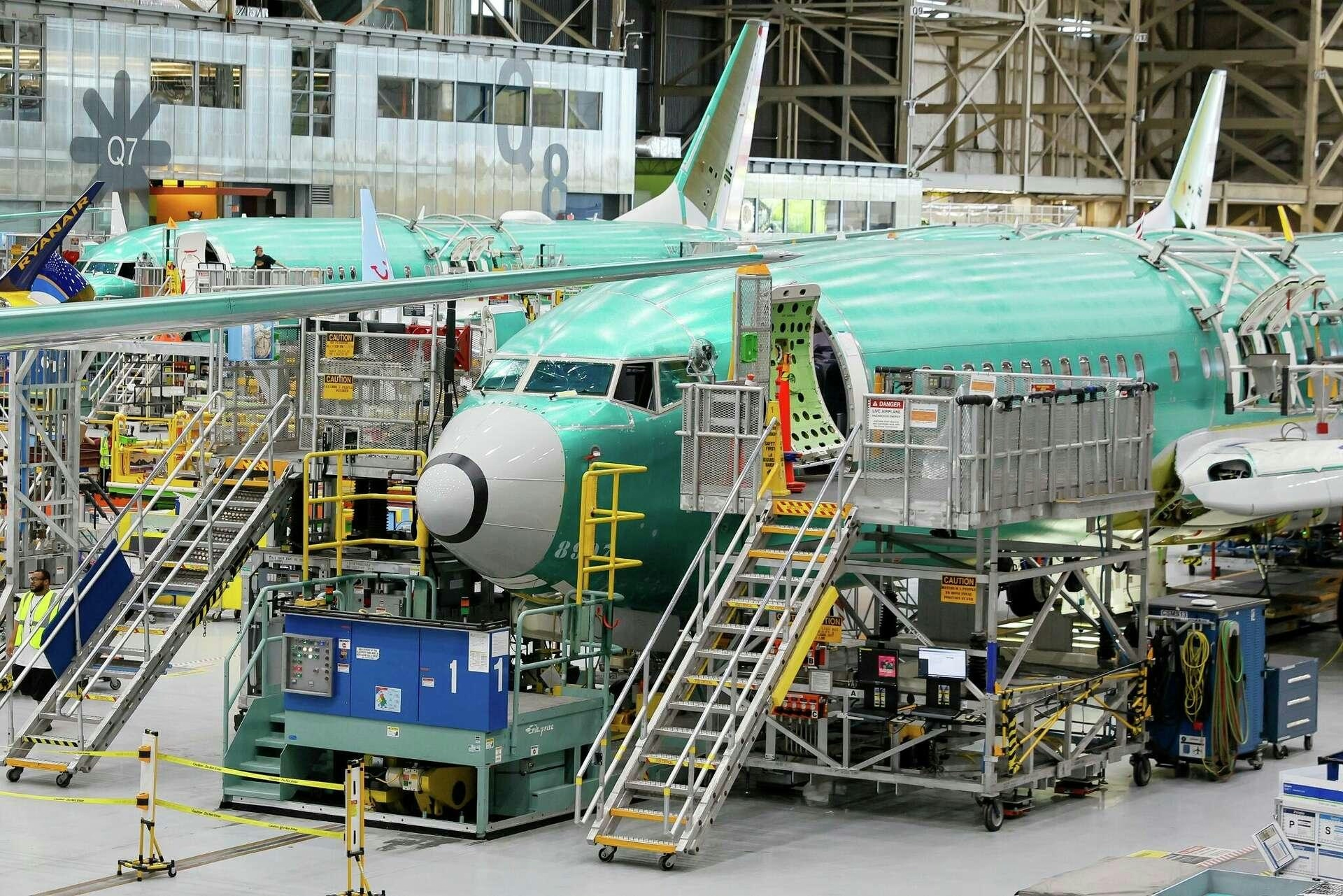
Boeing’s July Aircraft Deliveries Fall 20% from June, Lagging Behind Airbus
Delivery Figures Highlight Boeing’s Struggles
Boeing reported delivering 48 aircraft in July, marking a 20% decline from the 60 jets delivered in June. Although this total is five units higher than July 2023 and represents Boeing’s strongest July performance since 2017, it underscores the company’s ongoing difficulties in matching the output of its European rival, Airbus.
In contrast, Airbus delivered 67 aircraft in July, maintaining a lead despite its own operational challenges, including engine shortages that have delayed deliveries. While Airbus’s July figure was down from 77 jets a year earlier, its year-to-date deliveries reached 373, surpassing Boeing’s 328. The disparity is especially notable in the single-aisle segment, which constitutes roughly two-thirds of the commercial jet market. Airbus has delivered 286 A320neo family jets so far this year, compared to Boeing’s 243 737 MAX aircraft.
Breakdown of Deliveries and Market Impact
Boeing’s July deliveries comprised 37 737 MAX jets—20 to aircraft lessors and 17 to airlines—alongside eight 787s, two 777 freighters, and one 767 freighter. Airbus’s deliveries included five A220 regional jets, 54 A320neo family jets, two A330s, and six A350s.
Aircraft deliveries are a critical metric for investors, as manufacturers typically receive the majority of payments upon handover. Boeing’s reduced delivery volume may prompt investors to reevaluate the company’s stock performance and could intensify competition, with Airbus potentially leveraging its delivery advantage to secure additional orders.
In terms of new orders, Boeing booked 31 gross orders in July, including 30 for the 737 MAX and one for the 787. The Republic of Iraq canceled one 787 order but retains seven outstanding. By the end of July, Boeing had accumulated 699 new orders for the year, or 655 net after cancellations and conversions, with an order backlog of 5,968 aircraft.
Industry Challenges and Outlook
Delivery delays are affecting the broader aerospace industry. Airbus has encountered setbacks from its largest engine supplier, CFM International—a joint venture between GE Aerospace and Safran—as well as from Pratt & Whitney, owned by RTX, following a recent strike. These disruptions have not only impacted Airbus’s delivery schedule but have also increased demand for aftermarket maintenance services. GE Aerospace recently raised its profit forecast, citing heightened demand as airlines extend the operational life of older jets amid delivery delays.
Despite these challenges, Airbus maintains its expectation to deliver 820 jets in 2024, representing a 7% increase over the previous year. Boeing, meanwhile, has not issued annual delivery guidance as it continues efforts to stabilize production following a mid-air panel blowout on a new 737 MAX in January, which revealed widespread quality and safety concerns.
As Boeing’s delivery pace slows and Airbus grapples with supply chain disruptions, the competitive dynamics within the global aerospace industry remain unsettled, with both manufacturers confronting persistent production and supply challenges.

Airline CEOs Urged Trump Officials to Defend Flight Reductions
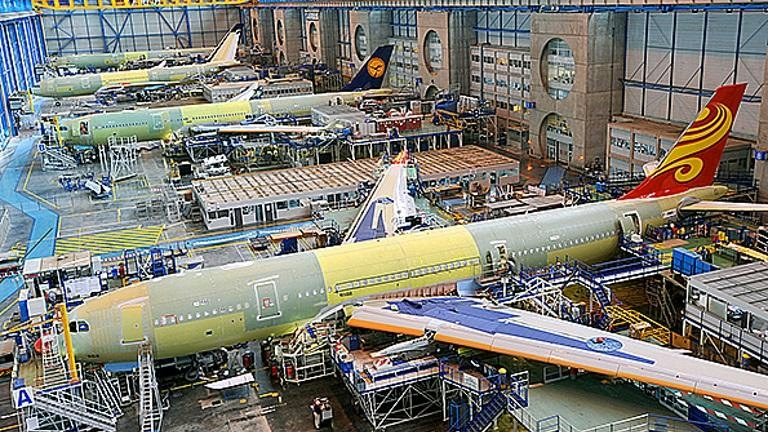
Airbus Orders Rise Amid Global Demand Exceeding Capacity
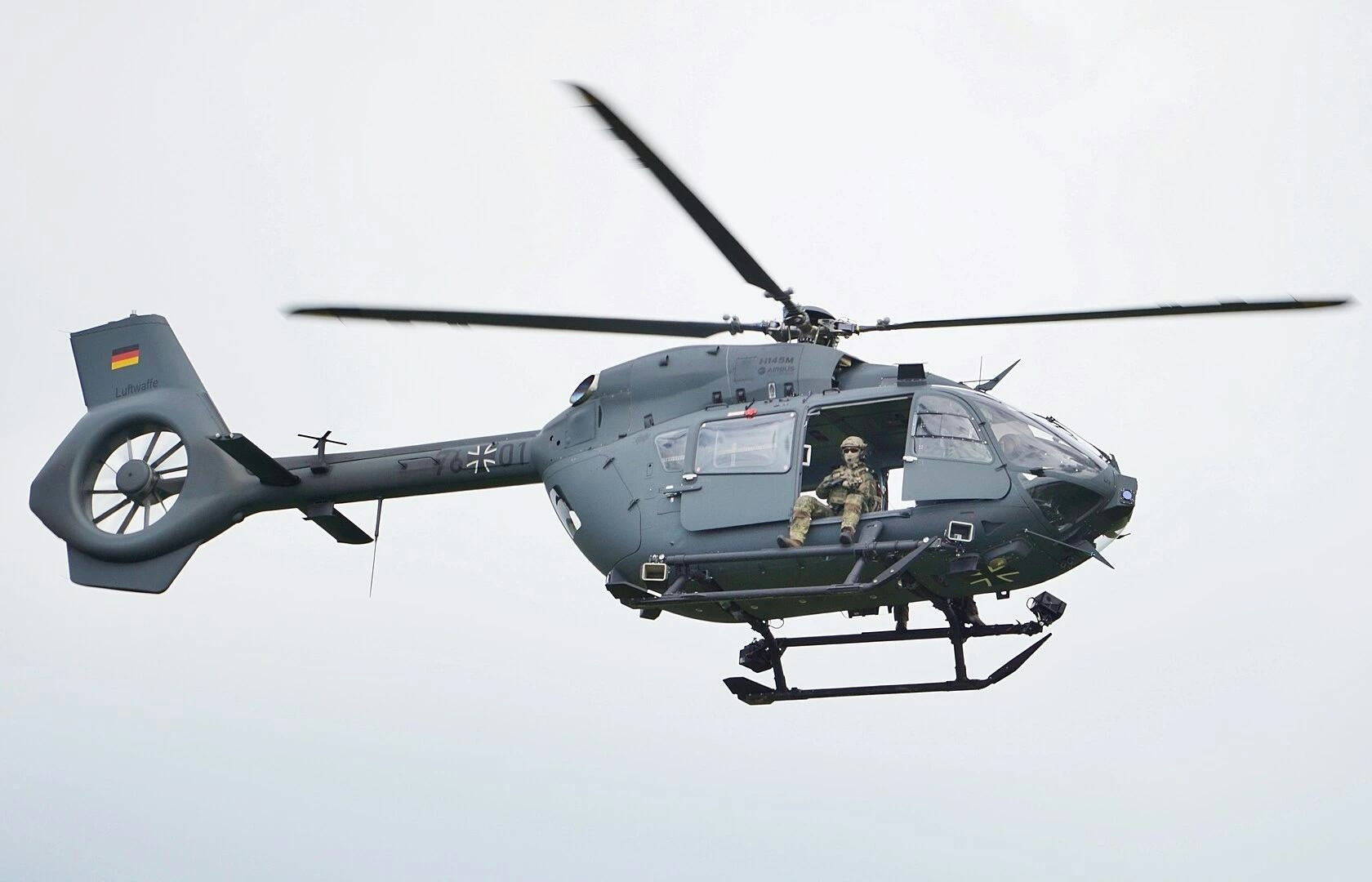
Germany Signs $1.2 Billion Deal with Leading Helicopter Manufacturer
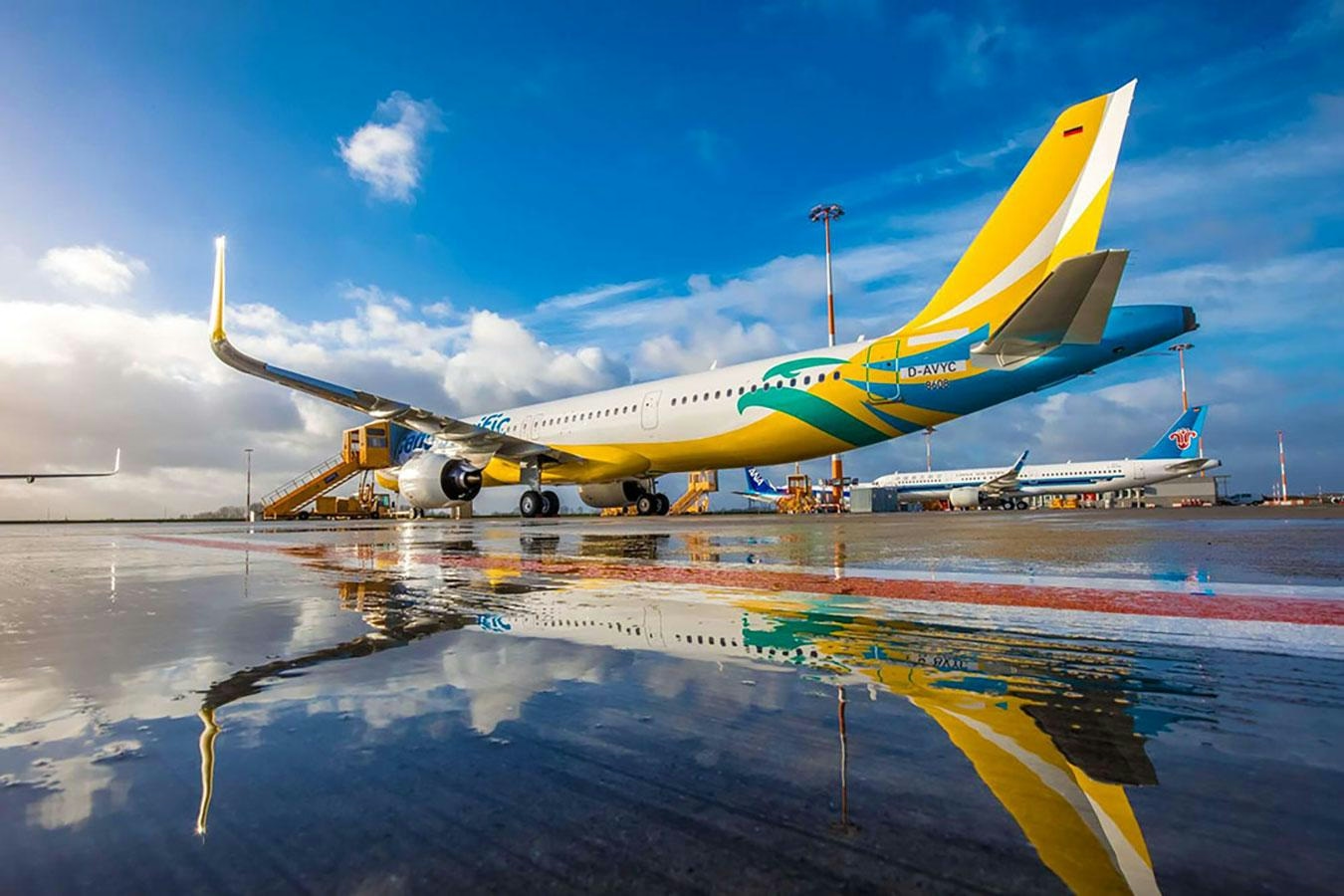
Cebu Pacific Introduces Damp-Leased Aircraft to Improve Travel Experience

JSSI Names Molly Hennessy Chief Product and Technology Officer

Japanese Air Taxi Firm SoratobuTaxi Invests in Plana US

Engine Shortages Delay China’s C919 Deliveries Amid Global Aerospace Bottlenecks

The Emerging Role of Drones and AI in Combat Aviation
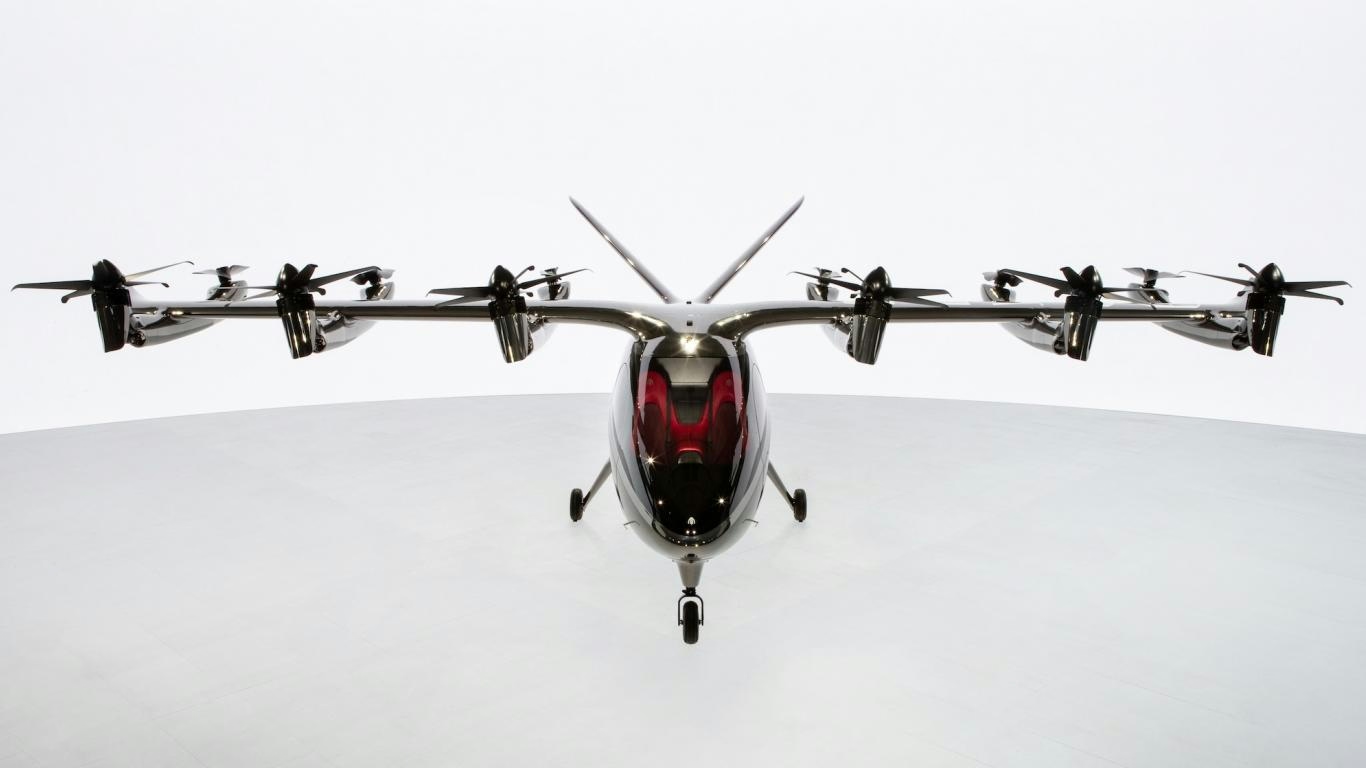
AI’s Turbulent Ascent: Why Aviation’s Tech Boom Could Ground Pilots in 2025
